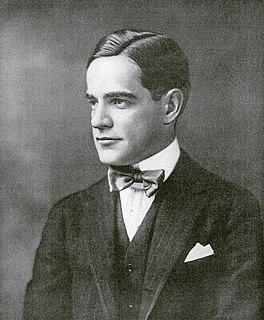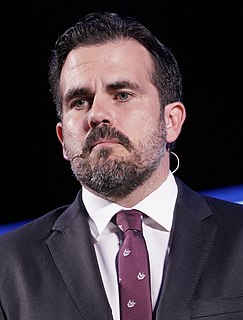A Quote by Edmund Ruffin
It is notorious that, whenever the demand for labor is much greater than the supply, or the wages of labor are much higher than the expenses of living, very many, even on the ordinary laboring class, are remarkable for indolence, and work no more than compelled by necessity.
Related Quotes
We have no paupers ... The great mass of our [United States] population is of laborers; our rich, who can live without labor, either manual or professional, being few, and of moderate wealth. Most of the laboring class possess property, cultivate their own lands, have families, and from the demand for their labor are enabled to exact from the rich and the competent such prices as enable them to be fed abundantly, clothed above mere decency, to labor moderately and raise their families. ... Can any condition of society be more desirable than this?
Since it is to the advantage of the wage-payer to pay as little as possible, even well-paid labor will have no more than what is regarded in a particular society as the reasonable level of subsistence. The lower ranks of labor will commonly have less, and if public relief were afforded even up to the wage-level of the lowest ranks of labor, that relief would compete in the labor market; check or dry up the supply of wage-labor. It would tend to render the performance of work by the wage-earner redundant.
All socialism involves slavery.... That which fundamentally distinguishes the slave is that he labors under coercion to satisfy another's desires. The relation admits of many gradations. Oppressive taxation is a form of slavery of the individual to the community as a whole. The essential question is -- How much is he compelled to labor for other benefit than his own, and how much can he labor for his own benefit?
There can be no richer man or woman than the individual who has found his or her labor of love. Personal fulfillment through the virtue of work is the highest form of desire. Work is the conduit between the supply and the demand of all human needs, the forerunner of human progress, and the medium by which the imagination is given the wings of action. A labor of love is exalted because it provides joy and self-expression to those who perform it.
Much of the present difficulty in industrial relations arises from the fact that too many employers as well as too many legislators take the Labor Leader more seriously than he deserves to be taken, while taking the ordinary, everyday, middle-of-the-road wage-earner less seriously than he deserves to be taken.
Now since man is naturally inclined to avoid pain - and since labor is pain in itself - it follows that men will resort to plunder whenever plunder is easier than work. History shows this quite clearly. And under these conditions, neither religion nor morality can stop it. When, then, does plunder stop? It stops when it becomes more painful and more dangerous than labor.
By keeping labor supply down, immigration policy tends to keep wages high. Let us underline this basic principle: Limitation of the supply of any grade of labor relative to all other productive factors can be expected to raise its wage rate; and increase in supply will, other things being equal, tend to depress wage rates.































